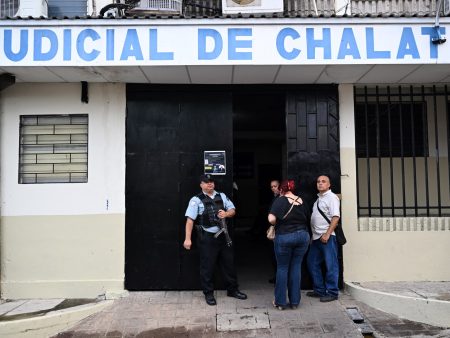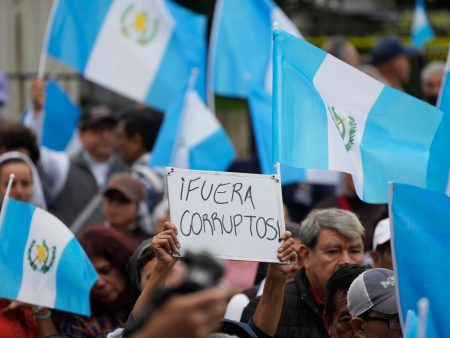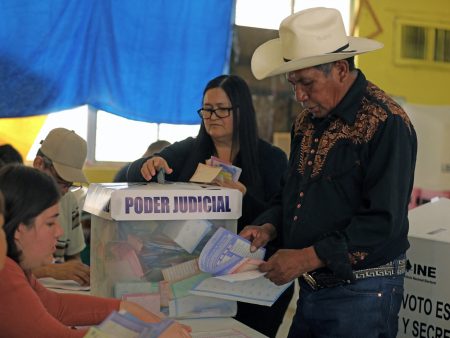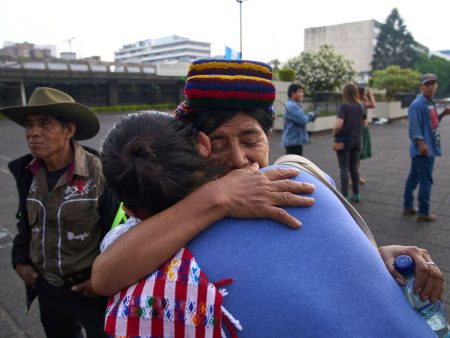The discovery of 12 bodies in clandestine graves in the northern Mexican state of Chihuahua underscores the ongoing crisis of disappearances and violence plaguing the region. Located approximately 180 kilometers west of Ciudad Juarez, near the US border, the skeletal remains were unearthed from 11 shallow pits in the municipality of Ascension. Investigators initiated their exploration of the desolate site on December 18th and subsequently expanded their search, leading to the grim discovery. The remains have been transported to state forensic laboratories for analysis, with the hope of identifying the victims and determining the causes of death. This latest discovery adds another layer to the complex and tragic narrative of violence and impunity that has gripped Chihuahua for years.
Chihuahua’s geographical location, serving as a key route for drug trafficking and migrant smuggling, has made it a battleground for organized crime. The resulting violence has contributed to the staggering number of missing persons in the state, officially recorded at 3,927 since 1952. However, this number likely represents only a fraction of the true toll, as many disappearances go unreported due to fear of reprisal or lack of trust in authorities. The ongoing violence and instability have created a climate of fear and uncertainty, leaving families desperate for answers and justice. The discovery of these clandestine graves serves as a stark reminder of the human cost of this conflict and the urgent need for effective strategies to address it.
The discovery of these graves highlights the crucial role played by volunteer search groups, often composed of relatives of the missing. Across Mexico, where an estimated 120,000 people are considered missing, these groups have emerged as a vital force in the search for truth and justice. Driven by desperation and a profound sense of loss, family members organize themselves, often with limited resources and facing significant risks, to comb through desolate landscapes, searching for any trace of their loved ones. They meticulously document their findings, share information with authorities, and advocate for greater government action. Their tireless efforts have resulted in the discovery of numerous clandestine graves, providing some measure of closure for grieving families and shedding light on the scale of the disappearances.
The work of these groups is often harrowing and emotionally taxing. They confront the grim realities of violence and impunity, excavating shallow graves and recovering the remains of those who have been lost. Despite the psychological toll, they persevere, driven by a profound sense of duty and love. Their efforts not only bring closure to families but also serve as a powerful indictment of the government’s failure to effectively address the crisis. They highlight the urgent need for greater resources, improved forensic capabilities, and a more concerted effort to investigate and prosecute those responsible for the disappearances.
The lack of effective government response forces families to take matters into their own hands. The authorities often lack the resources, expertise, or political will to conduct thorough investigations. This lack of capacity contributes to a pervasive sense of impunity, emboldening criminal groups and perpetuating the cycle of violence. While forensic analysis can help identify the victims and potentially shed light on the circumstances of their deaths, it is only the first step in a long and arduous process towards justice. Investigations must be thorough and impartial, leading to the arrest and prosecution of those responsible. Furthermore, comprehensive strategies are needed to address the root causes of the violence, including poverty, inequality, and corruption.
The discovery of these 12 bodies in Chihuahua is not an isolated incident but rather a reflection of a broader pattern of violence and impunity that has plagued Mexico for years. The search for the missing is a testament to the resilience and determination of the families who refuse to give up hope. Their tireless efforts underscore the urgent need for greater government action to address this crisis, to bring perpetrators to justice, and to provide support and resources to the families of the missing. The ongoing violence and the staggering number of disappearances demand a comprehensive and sustained response from the Mexican government, one that prioritizes human rights, strengthens the rule of law, and addresses the root causes of this tragic situation. The international community also has a role to play in supporting Mexico’s efforts to combat organized crime, strengthen its justice system, and protect the human rights of its citizens.










